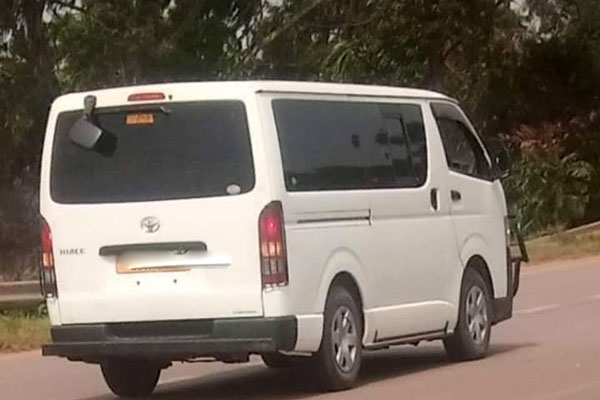We must put a stop to human rights abuses

What you need to know:
The issue:
Human rights abuses.
Our view:
An inquest should be carried out in such a manner that it makes it incumbent upon the leadership to take action against those found culpable of abuses .
On Wednesday, sections of the civil society petitioned Parliament to cause an independent inquiry into the human rights violations that occurred before the January general election and those that continue to occur in the form of abductions, detention of suspects beyond the constitutionally permissible 48 hours, detention without trial, and extrajudicial killings.
The calls come against a backdrop of a pattern where security operatives driving numberless vans nicknamed “drones” pick up people under the cover of darkness and drive them off to ungazetted detention centres where they are reportedly tortured.
Whereas some of those who were picked up have since been released, hundreds more remain unaccounted for. Families of those who are still missing are living in anguish. Others are living in fear of arrest. Their crime? Exercising their right to make a political choice.
The situation is untenable. It makes civil society’s demand for an inquest that goes beyond “symbolic debates and muted voices of disapproval” absolutely necessary. Such an inquest should, however, be carried out in such a way that it makes it incumbent upon the leadership to take action against those found culpable of abuses.
There is no evidence to prove that that punitive action has ever been taken against perpetrators of abuses, which suggests a lack of will to fight violations and abuses of rights.
Parliament constituted a select committee to probe election violence following the 2001 election. One of those found to have engaged in acts of violence was a presidential aide, Maj Roland Kakooza Mutale and his bunch of vigilantes, Kalangala Action Plan (KAP). No punishment was meted out.
The police leadership has been particularly wanting. On April 28, 2011, Gilbert Bwana Arinaitwe smashed the windscreen of Opposition activist Kizza Besigye’s car, sprayed his eyes with pepper, but he was never punished.
No action was taken against Andrew Felix Kaweesi and officers under his command when Ms Ingrid Turinawe’s breast was squeezed during her arrest on April 12, 2012. The Inspector General of Police (IGP) then, Gen Kale Kayihura, described the incident as “a small matter”.
Six officers who in July 2016 beat up Dr Besigye’s supporters in Najjanankumbi and Kasangati only received “severe reprimands”.
It is that knowledge that nothing will ever happen to them for as long as they are brutalising those believed to be supporters of the Opposition that is fuelling the increase in the number of human rights abuses. This must be decisively dealt with. The civil society could begin by helping the affected families to institute criminal and civil proceedings against the culpable officers.




